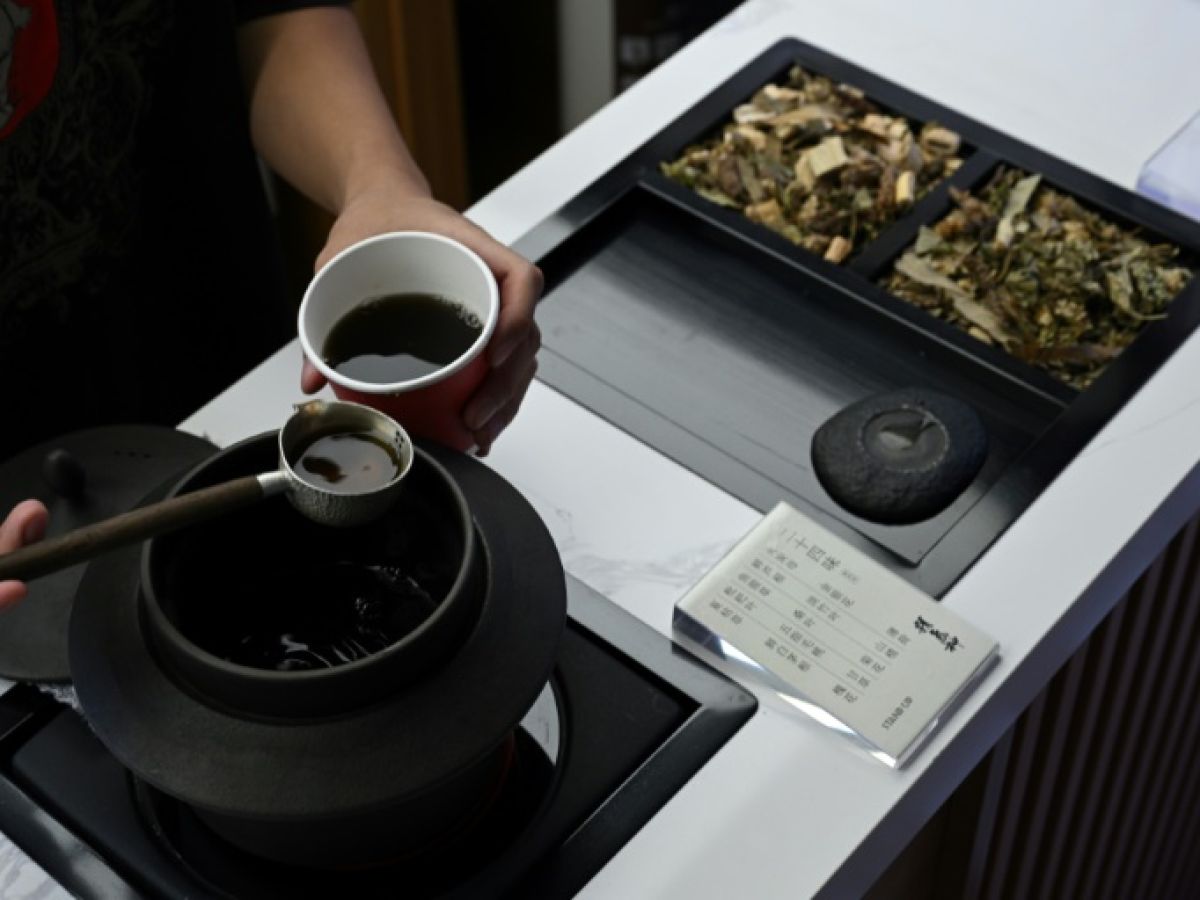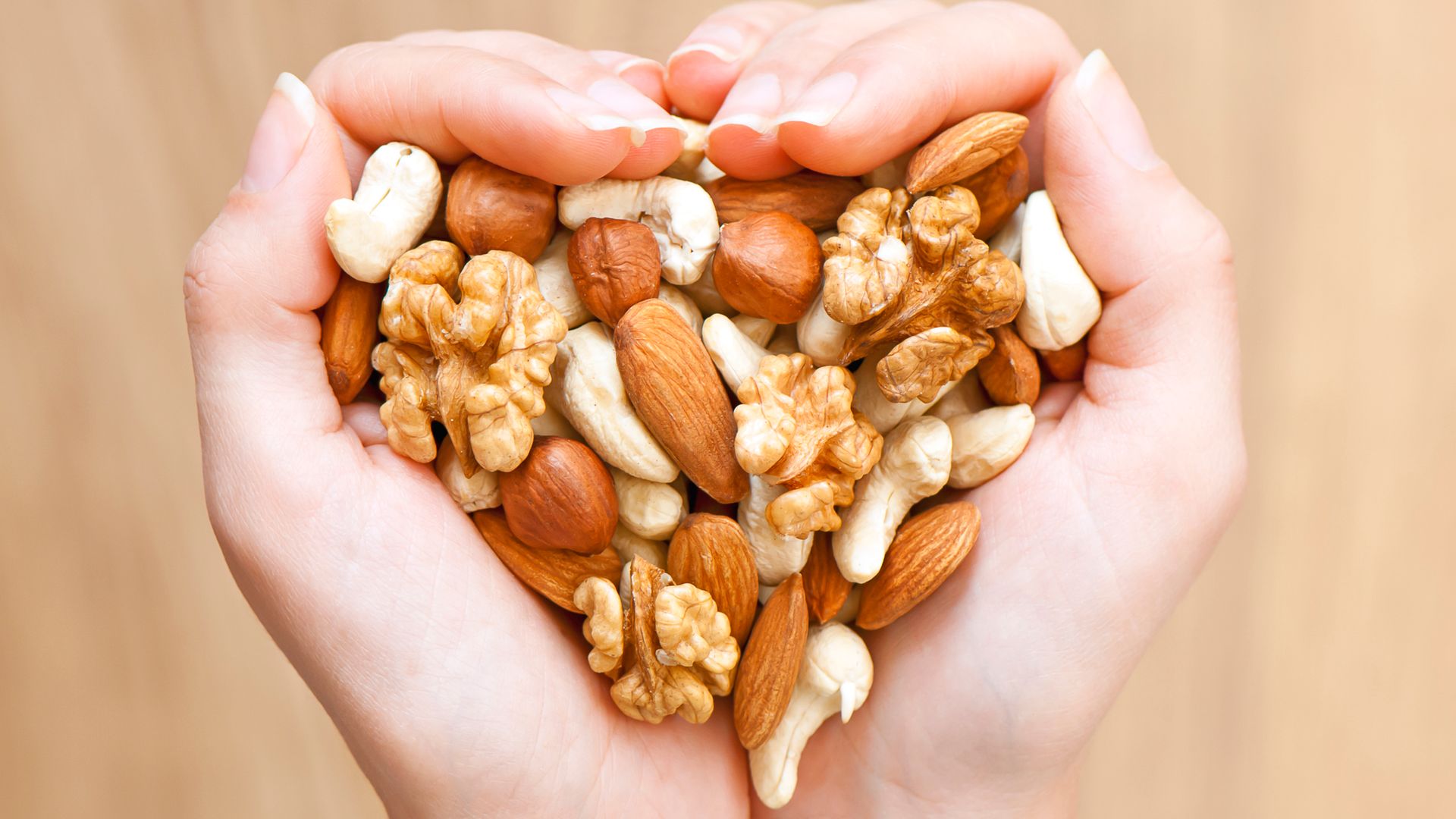Herbal teas, food supplements and wellness courses: in China, younger generations are making their health a priority in the face of life's stress.
In Shanghai, China's economic capital, home to 25 million people, Annie Huang sips a bitter concoction that is supposed to protect the body from the stifling summer heat.
"Young people today often have sleepless nights," explains the thirty-year-old we met in a cafe selling traditional herbal teas.
To compensate for the lack of restorative sleep, "they want to drink something that they think is good for their body," Huang says.
The Covid-19 pandemic and repeated lockdowns have made many Chinese of his generation aware of the importance of well-being and health capital.
People believe that Covid has lowered their immunity and that “they can catch colds and fevers more easily,” says herbal tea cafe owner Tommy Qin.
Many have taken up sport, are paying more attention to what they eat on their plates or are taking care of themselves in their professional lives.
This trend is global. But it takes on particular significance in China, where the traditional concept of "Yangsheng", literally "taking care of one's health", is elevated to a daily doctrine.
– Natural ingredients –
It involves favoring certain foods for their supposed health benefits or using acupuncture to treat a whole series of ailments.
These beliefs are strongly rooted in Taoism and traditional Chinese medicine.

Companies are capitalizing on this renewed interest in well-being, such as the pharmaceutical group Tongrentang (TRT).
This giant in the sector, familiar to the Chinese, has opened trendy decorated boutiques, offering a whole range of natural ingredients supposed to be beneficial for health: ginseng and goji berries (a fruit) in particular.
On Chinese social networks, thousands of "Yangsheng" influencers give advice on improving blood circulation or "expelling moisture from the body", which is supposedly harmful to health.
These considerations also have unexpected consequences for tourism: young people are now rushing to desert areas in search of sand to lie down on, convinced that this practice will rid their bodies of all humidity.
The world's second-largest economy is struggling with high youth unemployment and sluggish consumption despite the lifting of Covid restrictions two and a half years ago.
But spending on health and wellness products is increasing, particularly among younger generations.
– “Too much pressure” –
These purchases are "certainly increasing more than for other segments" of the population, despite the fact that many young people are tightening their belts, notes Jason Yu, of the Kantar Worldpanel consultancy, which specializes in consumption.

In particular, "food supplements", "very popular" and for which "they are ready to spend" a lot, Mr. Yu underlines to the AFP.
Job searching in a depressed job market and professional pressure in an ultra-competitive environment are perceived in China as factors of anxiety that harm health.
"You think it's just a job, but you're actually shortening your life span," sums up one influencer on China's Instagram social network Xiaohongshu ("Little Red Book").
Young women, forced to juggle demanding careers with the pressure to have children, are now turning to classes to learn how to optimize their fertility.
At an evening class in Shanghai, Zhang Qinhai, a traditional Chinese medicine practitioner, gives advice, using diagrams.
The chances of having a healthy birth decrease as the mother's age increases, Zhang says.
"People are under too much pressure, so they are less healthy," said one 33-year-old course participant, who did not want to give her name to AFP.
"Everyone feels like they're not healthy enough," and that's what's driving spending, says consumer expert Jason Yu.

